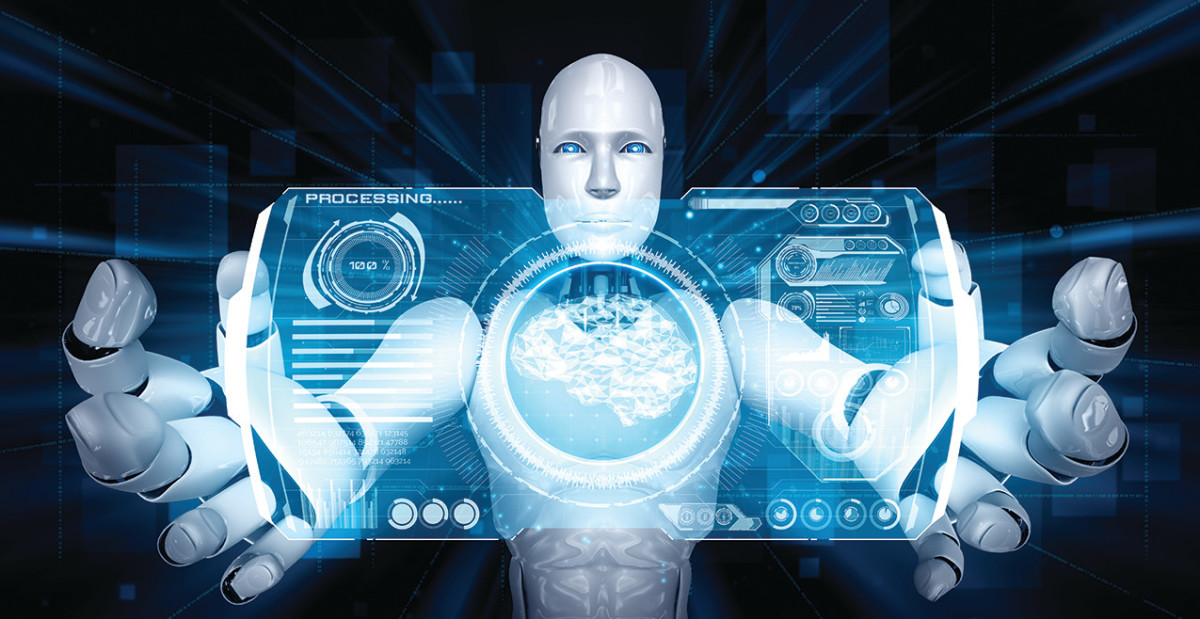A new study conducted by Salesforce, the software company that deals in cloud computing services, examined how employees around the world feel about the future of autonomous AI. The study, which was conducted among approximately 6,000 male and female workers around the world, shows that workers already trust artificial intelligence to perform about half of their work tasks. The research also revealed that employees feel comfortable when AI and humans work together, and that they begin to trust the artificial intelligence to perform tasks that save them time, such as writing code, deriving insights from data and writing marketing communications.
However, workers are still not entrusting all tasks to AI. The research shows that employees today prefer that tasks such as training, mentoring and maintaining data be under human supervision. Employees also emphasized the importance of the “human touch” as they build trust, knowledge and experience with AI tools. But it probably won’t last for too long. According to the study, workers around the world, especially managers, believe in an autonomous AI future and are already delegating tasks to artificial intelligence. The survey also indicates that investing in knowledge and education builds confidence in an autonomous artificial intelligence future.
Managers trust AI more than their employees
The survey revealed that managers trust artificial intelligence to do 51% of their work, while full-time employees trust it to do 40%. The survey revealed that employees already today trust AI to perform about 43% of their work tasks, which indicates a change in the willingness to transfer tasks to artificial intelligence. 77% of workers worldwide will eventually trust AI to act independently, while 10% of workers already trust AI to act independently.
26% of workers worldwide will trust artificial intelligence to operate independently in less than three years. 41% of workers will trust artificial intelligence to operate independently in three years or more.
Most of the employees support the joint work of artificial intelligence alongside a human factor (54%) in order to perform the current tasks.
The tasks that employees felt comfortable transferring to artificial intelligence:
Writing code: 15% trust artificial intelligence to write code independently.
Revealing insights from data: 13% trust artificial intelligence to reveal insights from data itself.
Text development and content writing: 12% trust artificial intelligence to develop internal and external communication without human contact.
Serve as a personal assistant: 12% trust independent artificial intelligence to serve as their personal assistant.
Other tasks, according to the respondents, which still require human involvement are:
Inclusiveness: 47% trust only humans to be inclusive.
Training: 46% trust only humans in employee training.
Maintaining information security: 40% trust only humans in maintaining information safety.
Human involvement is needed to build trust in AI
63% of employees say more human involvement will increase their trust in AI.
54% of employees say they don’t know how AI is implemented or managed in their workplace.
Employees who are knowledgeable in implementing and managing AI in their workplace are 5 times more likely to trust artificial intelligence to operate autonomously in the next two years than those who are not.
62% of workers say training to use AI could improve their confidence in AI.
Paula Goldman VP of Ethics and Human Use at Salesforce: “Employees are passionate about an AI-based future, and our research shows that human involvement can help us get there. By empowering humans at the helm of today’s AI systems, we can build trust and drive adoption of the technology – allowing employees to take advantage of all the possibilities AI has to offer.”
